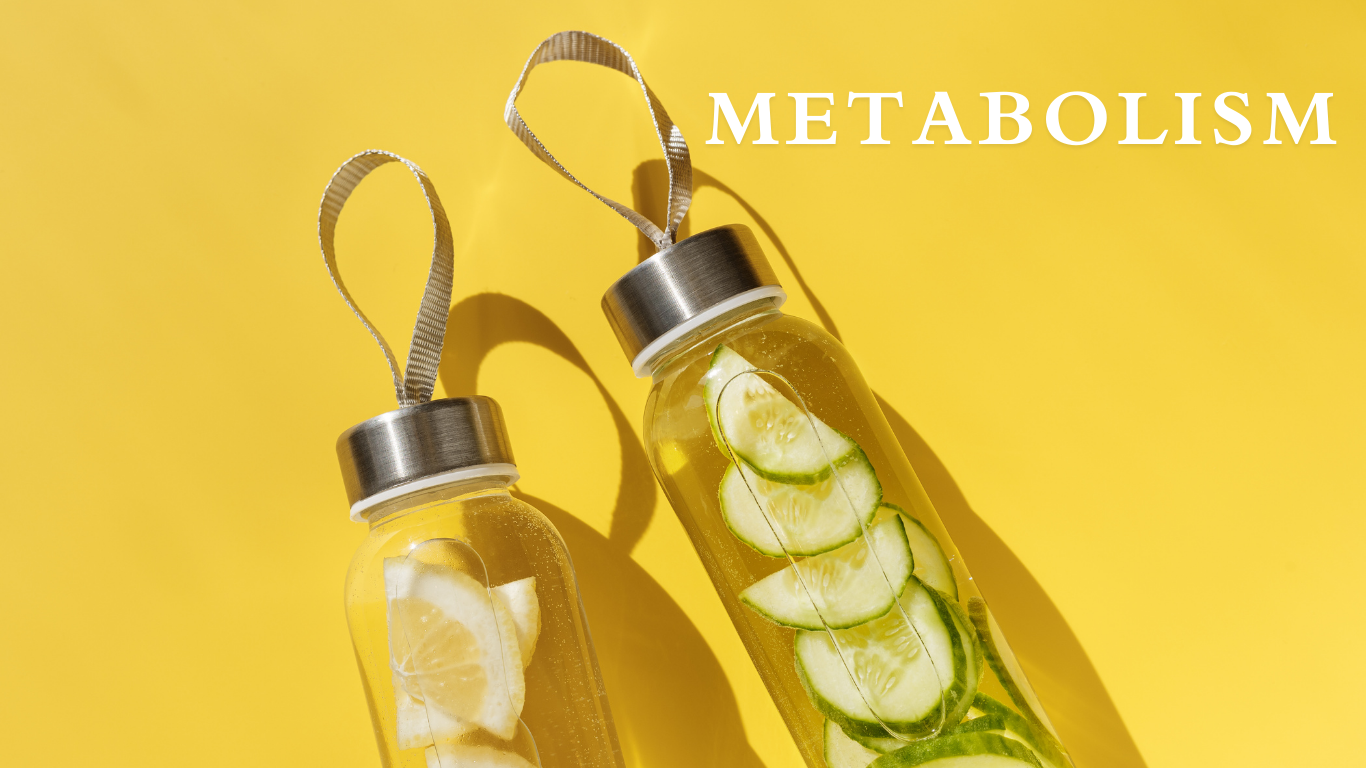Table of Contents
Losing weight is a common goal for many, but the idea of hitting the gym or engaging in intense workouts isn’t always appealing. Whether due to time constraints, physical limitations, or personal preferences, the thought of exercising may seem daunting. So, the question arises: Can I lose weight without exercise?
The short answer is yes, it is possible to lose weight without exercise. However, it’s important to understand that weight loss is a multifaceted process that involves a combination of factors, with diet being the most influential. Let’s explore how weight loss can occur without exercise and how you can make lifestyle changes that support a healthy, sustainable weight loss journey.
1. Understanding Weight Loss Without Exercise
What is a calorie deficit? The key to weight loss is a concept called a “calorie deficit.” This simply means that you are burning more calories than you are consuming. Your body burns calories through basic functions like breathing, digesting food, and maintaining body temperature. If you consume fewer calories than your body burns, it will turn to your stored fat for energy, resulting in weight loss.
The role of diet in weight loss While exercise can help you burn calories and improve fitness, diet plays a much larger role in weight loss. In fact, experts say that diet is responsible for approximately 80% of your weight loss efforts. By paying attention to what you eat and how much you eat, you can create a calorie deficit and lose weight without ever having to set foot in a gym.
2. Nutrition: The Core of Weight Loss
What you eat is the most important factor in achieving weight loss without exercise. A balanced diet rich in whole foods can help fuel your body, provide essential nutrients, and promote fat loss.
Foods to Avoid:
- Sugary Snacks and Drinks: These contribute empty calories without offering much nutritional value.
- Fried and Processed Foods: These foods are high in unhealthy fats and calories.
- Refined Carbs: Foods like white bread and pasta can spike blood sugar levels and lead to overeating.
Superfoods for Weight Loss:
- Leafy Greens: Spinach, kale, and other greens are low in calories and high in nutrients, helping you feel full without overloading on calories.
- Lean Proteins: Chicken, fish, and tofu provide high-quality protein that helps to boost metabolism and support muscle maintenance.
- Whole Grains: Foods like quinoa, oats, and brown rice are rich in fiber, which can help keep you satisfied for longer.
3. Hydration and Its Role
Drinking Water to Reduce Calorie Intake Hydration is crucial for maintaining overall health, but it also plays an important role in weight loss. Drinking water before meals can make you feel fuller, which may help you eat less. Additionally, water has zero calories, making it a great alternative to high-calorie drinks like soda and juice.
Replacing Sugary Drinks Beverages like sugary sodas, energy drinks, and sweetened coffee or tea can add hundreds of calories to your day without providing much nutritional benefit. Replace these with healthier alternatives like unsweetened herbal tea, sparkling water with lemon, or just plain water.
4. The Power of Portion Control
Even healthy foods can contribute to weight gain if consumed in large quantities. Portion control helps you manage your calorie intake by ensuring that you are eating the right amount of food for your body’s needs.
Tricks to Control Portions:
- Use Smaller Plates and Bowls: This simple trick can help you eat smaller portions without feeling deprived.
- Serve Meals Instead of Eating from the Package: Eating directly from a snack bag or container can lead to mindless overeating.
- Pay Attention to Serving Sizes: Be mindful of serving sizes listed on food labels to avoid over-consuming.
5. Protein and Fiber: Your Weight Loss Allies
How Protein Boosts Metabolism Protein is a macronutrient that requires more energy for digestion compared to fats and carbohydrates. Eating protein-rich foods can help boost your metabolism, keep you full longer, and prevent overeating. Good sources of protein include eggs, poultry, fish, tofu, and legumes.
Fiber for Better Digestion and Fullness Fiber-rich foods help with digestion and promote a feeling of fullness, which can prevent you from eating more than you need. High-fiber foods include fruits, vegetables, whole grains, nuts, and seeds.
6. Mindful Eating Practices
Mindful eating is about paying attention to what, when, and how you eat. This practice can help you make healthier food choices, prevent overeating, and enhance your overall weight loss efforts.
Tips for Practicing Mindful Eating:
- Eat Slowly: Take time to chew and savor your food to help your brain register fullness signals.
- Avoid Distractions: Eating while watching TV or scrolling on your phone can lead to overeating without even realizing it.
- Stop When You Feel Satisfied: Listen to your body and stop eating once you’re no longer hungry, even if there’s food left on your plate.
7. Sleep and Stress Management
How Poor Sleep Affects Weight Loss Poor sleep can negatively impact weight loss by increasing hunger and cravings for unhealthy foods. Sleep deprivation can also disrupt your metabolism, making it harder for your body to burn fat efficiently. Aim for 7-9 hours of restful sleep each night to support your weight loss goals.
Stress and Emotional Eating Stress can lead to increased cortisol levels, which may trigger emotional eating and cravings for high-calorie comfort foods. Managing stress through relaxation techniques like meditation, yoga, or even simple deep breathing exercises can help reduce these effects and support weight loss.
8. Cutting Down on Liquid Calories
Beverages often contain hidden calories that can contribute to weight gain. Sodas, lattes, alcoholic drinks, and even fruit juices can pack in significant amounts of sugar and calories.
Healthy Drink Alternatives:
- Black Coffee: Skip the cream and sugar for a low-calorie, metabolism-boosting drink.
- Unsweetened Green Tea: Known for its metabolism-enhancing properties, green tea is a great calorie-free beverage.
- Sparkling Water with Lemon: A refreshing, low-calorie drink that helps with hydration and provides a flavorful alternative to sugary sodas.
9. Strategies for a Sustainable Diet
Long-term weight loss is about building habits that you can sustain. Rather than focusing on restrictive diets, aim to adopt a balanced, realistic eating plan that you can follow for the long term.
Tips for Success:
- Plan Your Meals: Preparing meals in advance helps prevent impulsive eating and ensures you have healthy options available.
- Set Realistic Goals: Aim for gradual, sustainable weight loss. Setting small, achievable goals will keep you motivated and on track.
10. Why Exercise Still Helps
While exercise is not strictly necessary for weight loss, it does have significant benefits beyond calorie burning. Regular physical activity can improve overall health, increase muscle mass, boost metabolism, and reduce stress. Even if you’re not into formal exercise, small amounts of movement like walking can have a positive impact. Walking is a low-impact exercise that can be done anywhere, and it’s a simple way to get your body moving, burn calories, and support your weight loss efforts. A daily 30-minute walk can transform your lifestyle by helping you maintain a calorie deficit.
11. Common Myths About Weight Loss Without Exercise
Myth: “I need to starve myself to lose weight.” Reality: Starving yourself can slow your metabolism and lead to muscle loss, making it harder to maintain weight loss over time.
Myth: “Carbs are the enemy.” Reality: Not all carbs are created equal. Whole grains like quinoa and oats are nutrient-dense and can be part of a healthy, balanced diet.
12. Tips for Long-Term Success
Building Habits for Sustainable Weight Management To achieve lasting weight loss, focus on building habits that support your lifestyle. This includes eating a balanced diet, staying hydrated, managing stress, and getting enough sleep. Long-term success comes from consistency and making small changes that fit into your everyday life.
Celebrating Small Victories Acknowledge your progress along the way, whether it’s a milestone like fitting into a favorite pair of jeans or simply feeling more energized. Celebrating small wins keeps you motivated and on track for your ultimate goal.
Conclusion
Losing weight without exercise is absolutely possible through the right combination of nutrition, hydration, mindful eating, and healthy lifestyle habits. By focusing on creating a calorie deficit, eating balanced meals, managing stress, and staying consistent, you can achieve lasting weight loss and improve your overall health. Remember, each person’s weight loss journey is unique, so find what works best for you and take it one step at a time.
FAQs
- Can I eat my favorite foods? Yes, you can still enjoy your favorite foods in moderation. The key is portion control and making healthier choices most of the time.
- How fast can I lose weight without exercise? Weight loss varies from person to person, but a safe and sustainable rate is 1-2 pounds per week. Focus on consistency rather than rapid results.
- Will my metabolism slow down? As long as you maintain a balanced diet and avoid extreme caloric restriction, your metabolism should remain healthy. Slow, steady weight loss helps protect your metabolism in the long run.
- Do I need to count calories? While not mandatory, calorie tracking can help you stay mindful of your intake.
- Will I lose muscle without exercise? Incorporating protein-rich foods helps preserve muscle even without exercise.



